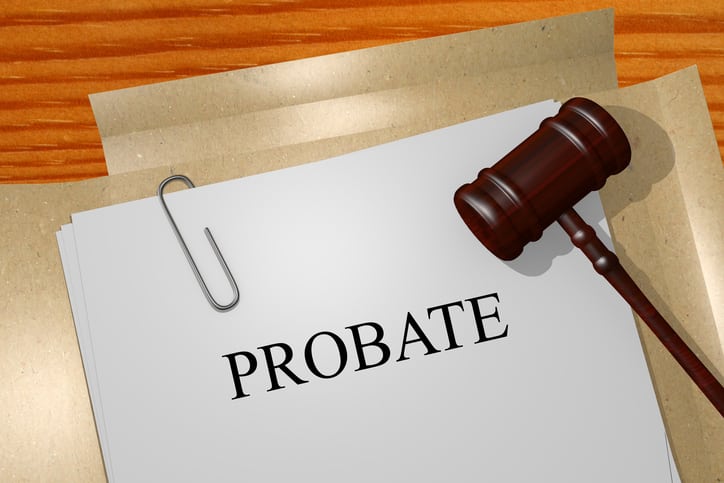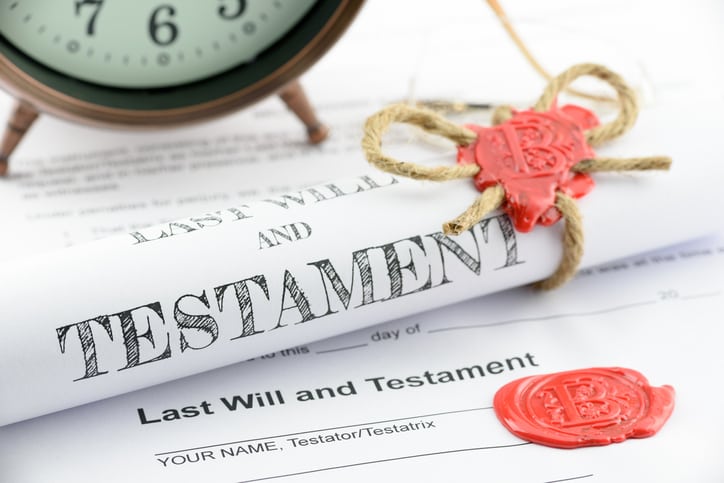 The New Jersey Appellate Division has ruled that a Condominium Association’s duty to ensure that common areas are kept in safe conditions includes the use of a center handrail on a wide staircase. The Appellate Division further held that the plaintiff’s legal status as an owner of invitee is inconsequential. In Lechner v. 303 Sunset Avenue Condominium Association, the three-judge Appellate Division panel said an Association can be held negligent if a unit owner is injured because of a dangerous condition in a common area. Hoffman quoted the state Supreme Court’s 1988 ruling in Thanasoulis v. Winston Towers 200 Association: “The most significant responsibility of an association is the management and maintenance of the common areas of a condominium complex.”
The New Jersey Appellate Division has ruled that a Condominium Association’s duty to ensure that common areas are kept in safe conditions includes the use of a center handrail on a wide staircase. The Appellate Division further held that the plaintiff’s legal status as an owner of invitee is inconsequential. In Lechner v. 303 Sunset Avenue Condominium Association, the three-judge Appellate Division panel said an Association can be held negligent if a unit owner is injured because of a dangerous condition in a common area. Hoffman quoted the state Supreme Court’s 1988 ruling in Thanasoulis v. Winston Towers 200 Association: “The most significant responsibility of an association is the management and maintenance of the common areas of a condominium complex.”
The three-judge panel unanimously concluded that the Association had a duty to the unit owners to maintain the stairs, and that included a duty to replace the missing center handrail. Interestingly, in dicta, the Court said Associations have the right to adopt bylaws that prohibit residents from suing them for negligence. The subject Association had not adopted such a bylaw. Based upon this language, Associations may wish to review their bylaws in an effort to diminish potential liability exposure.

 Once you have been successfully appointed by the court as the administrator of an estate, there are a number of tasks you’ll have to complete the following:
Once you have been successfully appointed by the court as the administrator of an estate, there are a number of tasks you’ll have to complete the following: If you have been asked or named to serve as an executor or personal representative of the estate of a loved one, the first thing you want to do is hire an experienced attorney. The probate process can be complicated and intimidating, with many forms to be completed and filed. It’s not something you want to handle on your own. However, a basic understanding of the probate process can help you work with your lawyer to successfully complete the process in a timely manner.
If you have been asked or named to serve as an executor or personal representative of the estate of a loved one, the first thing you want to do is hire an experienced attorney. The probate process can be complicated and intimidating, with many forms to be completed and filed. It’s not something you want to handle on your own. However, a basic understanding of the probate process can help you work with your lawyer to successfully complete the process in a timely manner. If you haven’t put together an estate plan of any kind—a means of ensuring the orderly distribution of your property in the event of your death—a will may be exactly what you need to have the peace of mind that everything will go where you want it to go, and that you’ll minimize the loss of your estate to taxes or other recipients. Here are some things you should know about wills in New Jersey.
If you haven’t put together an estate plan of any kind—a means of ensuring the orderly distribution of your property in the event of your death—a will may be exactly what you need to have the peace of mind that everything will go where you want it to go, and that you’ll minimize the loss of your estate to taxes or other recipients. Here are some things you should know about wills in New Jersey. The state of New Jersey has one of the toughest consumer fraud statutes in the country. With broad application, the law defines fraud to include more than just the “intentional misrepresentation of fact,” as traditionally construed. In New Jersey, you can also be found liable for consumer fraud if you knowingly concealed, suppressed or omitted any “material fact.”
The state of New Jersey has one of the toughest consumer fraud statutes in the country. With broad application, the law defines fraud to include more than just the “intentional misrepresentation of fact,” as traditionally construed. In New Jersey, you can also be found liable for consumer fraud if you knowingly concealed, suppressed or omitted any “material fact.” As a homeowner, you’ll likely have an insurance policy that covers casualty loss, and most likely a comprehensive general liability policy. But if you belong to a homeowners association, you may be wondering if the HOA needs its own policies of insurance and, if so, what insurance should be purchased. You should also be concerned about having sufficient coverage for your own losses that may not be covered and that your neighbors have insurance to cover losses that may occur as a result of their actions which affect your property.
As a homeowner, you’ll likely have an insurance policy that covers casualty loss, and most likely a comprehensive general liability policy. But if you belong to a homeowners association, you may be wondering if the HOA needs its own policies of insurance and, if so, what insurance should be purchased. You should also be concerned about having sufficient coverage for your own losses that may not be covered and that your neighbors have insurance to cover losses that may occur as a result of their actions which affect your property.